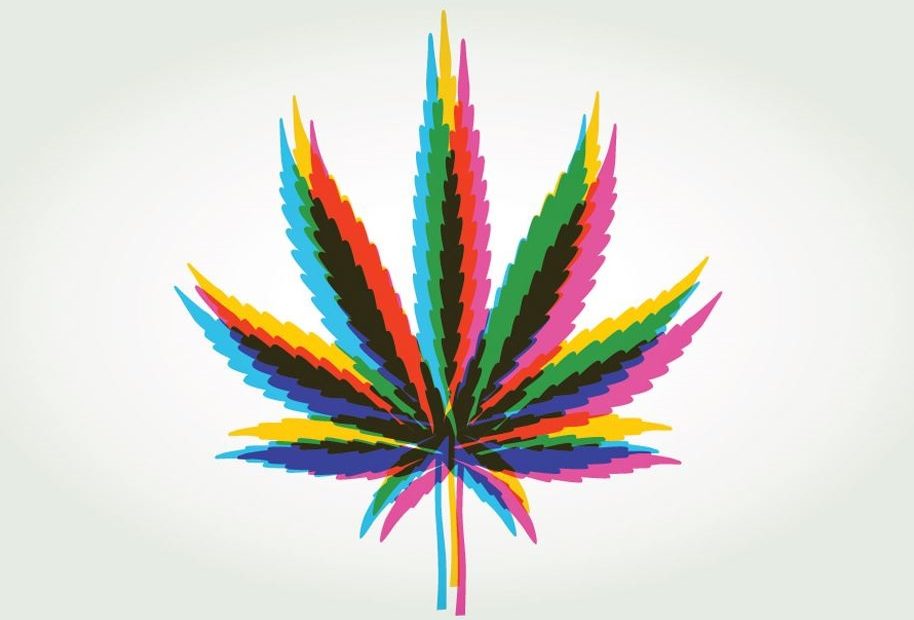The history of cannabis use likely traces back to Asia as early as 500 BC. The plant’s purpose then was medicinal, but there are reports from ancient Greece of recreational use by the Scythians. Fast forward thousands of years to July 1, 2023, when the recreational use of cannabis was legalized in Maryland. While the details of the new law are clear, the neuroscience behind marijuana is still being unraveled.
There are two in marijuana that you may be familiar with: delta-9-tetrahydrocannabinol (THC), the component of marijuana that is psychoactive, and cannabidiol (CBD), which is reported to have nonpsychoactive effects on the body. Cannabinoids, such as THC and CBD, interact with the endocannabinoid system, which is a — meaning it modulates the signaling of cells in the brain. The body produces endocannabinoids, which are chemicals similar to the cannabinoids found in marijuana.
Along with endocannabinoids, a fundamental part of the endocannabinoid system in the brain is the cannabinoid receptor 1 (CB1). Its counterpart in the immune system is the cannabinoid receptor 2 (CB2). When activated, these receptors cause a cascade of molecular events that produce a variety of effects on neuronal signaling. The endocannabinoid system’s everyday effects on the brain are vast, impacting areas that range from our appetite to our learning and memory. However, produce psychoactive effects like THC does. The interaction of THC with CB1 results in the high associated with marijuana, while CBD interacts with CB2 (and other receptors) to have a wide range of reported effects such as decreasing anxiety levels and pain.
An area of research is the impact that cannabis may have on neurotransmitters, such as dopamine. While the role of dopamine in the brain is diverse, a major role of this neurotransmitter is involvement in reward. Research has shown that short term THC use causes dopamine neurons to fire more, increasing the amount of dopamine in the system. Dopamine is also involved in regulating appetite. THC’s impact on the hypothalamus may underlie “the munchies,” and dopamine may be involved in inducing this response.
Despite marijuana’s federal classification as a Schedule I drug, research on marijuana is a burgeoning field. For insight on work being done at The Johns Hopkins University, visit the Cannabis Science Laboratory website. To learn about the safety of recreational marijuana, read an article from the Hub website.
Related Content
- Modern Neuroscience has the tools to treat psychiatric illness
- Neuroscience Graduate Student Driven by How the Brain ‘Sees’
- From ‘Devil’s Lettuce’ to Prescription Drug: The Acceptance of Medical Marijuana
Want to read more from the Johns Hopkins School of Medicine? Subscribe to the Biomedical Odyssey blog and receive new posts directly in your inbox.
